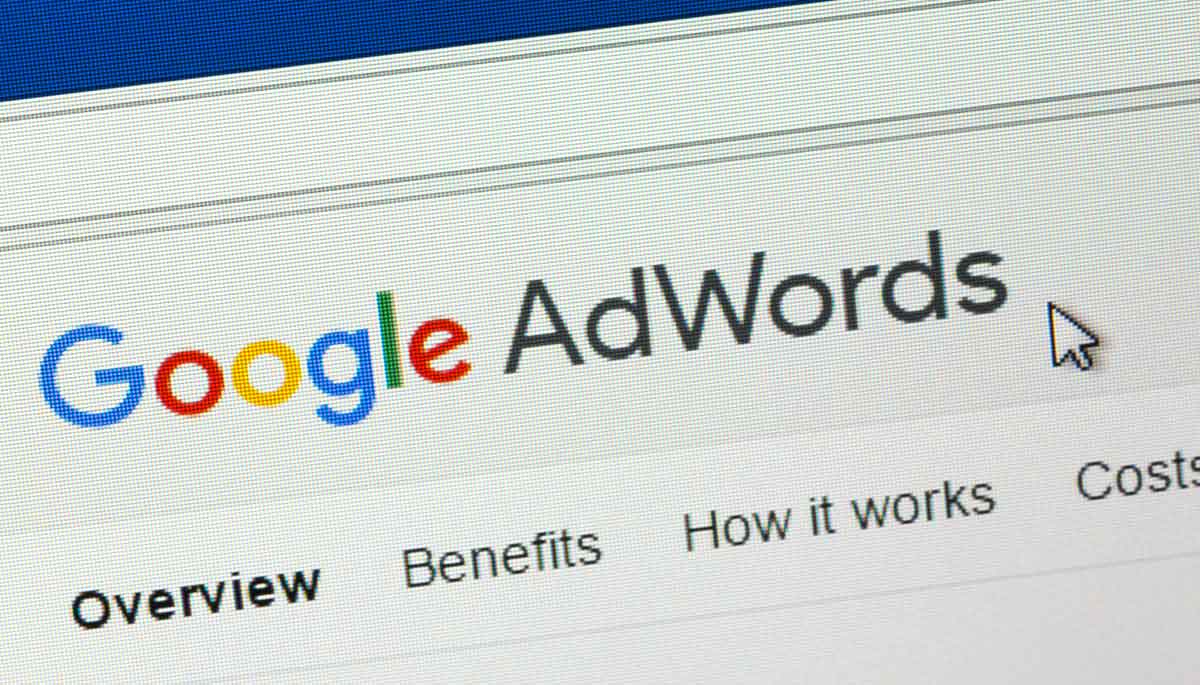
The Distributed ledger technology has been pointed out as the next revolution within the digital context. This data management system seems to have the answer that conventional Internet and servers procedures could not provide us with. Nonetheless, its application into the business world is happening faster than any other recent technology. For some experts, it is the utopian technology they have always desired.
The key for all the hype, is not the distributed ledger itself but a system that is part of it: the blockchain. Basically, blockchain is is a continuously growing list of records, called blocks running in a peer-to-peer network. This means better privacy prospects, improved security and an automatically generated record of every block that has ever been modified (as every peer has access to the blocks). All without compromising the success of the blockchain as it is live 24/7.
What just has been written seems to be taken directly from a blockchain advert but the reality can be just as good as an ad, with the little difference that blockchain technology doesn’t belong to any third party. Indeed, it is a completely decentralized platform.

Changing the Ad Industry
All those traits have build an aura surrounding this technology that industry experts all around the world just have had to surrender to. Tech writer Romany Reagan even calls it the next utopia in the ad-industry in a recent published article on Exchange Wire.
She quotes AppLift managing director and CRO, Maor Sadra, talking about how important blockchain might be for the industry overall as she “believes there might just be such a utopia in which no single player has all the power, and where ‘market’ dynamics change based on actual market dynamics, not based on a duopoly that mainly serves its own interests.”
Although industry leaders have to go with their ideas until the end – nonetheless their profits depend on them – it is different for media reviewers. Journalists have the obligation to translate what is happening out there into something useful for the public and recognize in the way which ideas – or technologies in this case – are due to be the next big thing.
Romany Reagan tackles this question straight to the point. “Since ad tech’s inception, companies have been quick to leverage buzzwords. We’ve seen it with artificial intelligence and machine learning algorithms; we’ve seen it with AR and VR; and we have seen it with basically every technological innovation born over the last decade.”
And she continuous, “usually, the gap between the buzz and the reality is so huge that once reality hits us – it hits hard. (Think about how ad tech performs on the stock market.) But Blockchain is different. The hype is real. It is not hyperbole to say that Blockchain has the potential to cause long-term positive changes for our industry by forcing transparency into the ad-buying and delivery processes.”
Tackling the duopoly: Kochava
To explain how blockchain is indeed a game changer for the ad industry, she shows off a case studio.
Kochava, a mobile attribution and analytics company, recently introduced XCHNG, a globally distributed ledger intended to facilitate an end-to-end workflow. The company’s approach is to address the root causes of some of ad tech’s biggest problems, rather than just treating the symptoms. These challenges include the lack of fair, standardised attribution of performance events to players in the system, and the need for increased transparency of inventory, campaigns, and efficiency.
Those paradigms are clearly opposite to the current status quo inside the online ad system, called duopoly or “if you don’t want to play in the open market, we don’t need you”, where Google and Facebook are the main leaders.
That is why Kochava’s idea is such a breakthrough. They are trying to go through the established system towards a fairer ad-market industry based on transparency and trustworthy feedback.
This approach, though, could put many ad tech companies out of business. Digitising the IO and using a decentralised network of verification will be a bad thing for many intermediaries. It is incredible how many ad tech companies are actually glorified scams. It is also incredible how many marketers realise this but ignore it because of personal interests.
The back-end regulator
That is why Romany Reagan stands for a blockchain system as a regulator itself.
She sees the potential in self-attribution models, where publishers can take credit for any conversion in which a user could have seen their ad. Someone could be running the Facebook app on their phone in the background and then install an app. Facebook then attributes that install to its ad, even though that ad wasn’t even seen by the user. Blockchain could, theoretically, eliminate this self-attributing tactic by establishing a smart contract that all network partners, marketers, intermediaries, and so on, use to determine how much attribution goes to which player in the value chain. It could finally force us to accept attribution standards.
Blockhain’s potential is there and the possibilities are almost endless. This is another example of how big this new technology can be if developed accordingly.
It has been seen how blockchain can tumble the monetary system providing back-end technology for the cryptocurrencies, and now, some people around the world have seen the potential of challenging the established status quo in the very roots of everything, the internet.
It is now up to all of us, to make it of benefit to the world.

Hernaldo Turrillo is a writer and author specialised in innovation, AI, DLT, SMEs, trading, investing and new trends in technology and business. He has been working for ztudium group since 2017. He is the editor of openbusinesscouncil.org, tradersdna.com, hedgethink.com, and writes regularly for intelligenthq.com, socialmediacouncil.eu. Hernaldo was born in Spain and finally settled in London, United Kingdom, after a few years of personal growth. Hernaldo finished his Journalism bachelor degree in the University of Seville, Spain, and began working as reporter in the newspaper, Europa Sur, writing about Politics and Society. He also worked as community manager and marketing advisor in Los Barrios, Spain. Innovation, technology, politics and economy are his main interests, with special focus on new trends and ethical projects. He enjoys finding himself getting lost in words, explaining what he understands from the world and helping others. Besides a journalist, he is also a thinker and proactive in digital transformation strategies. Knowledge and ideas have no limits.










